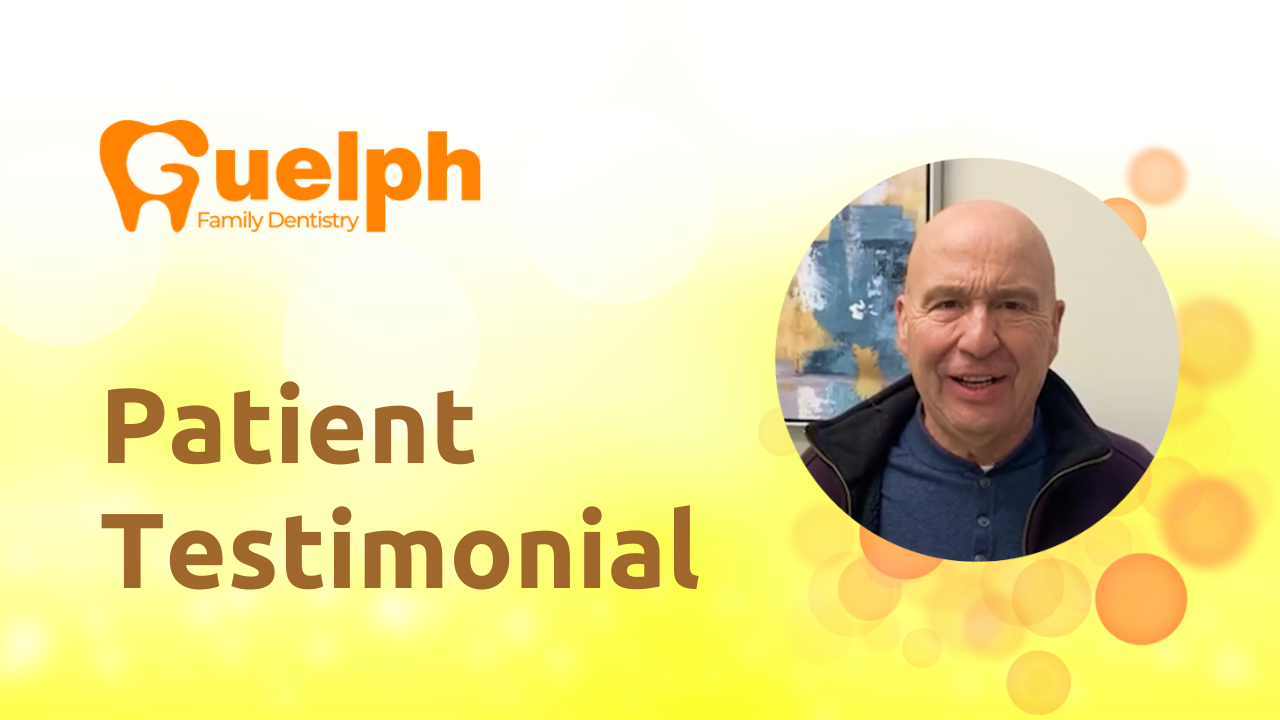
All About Sleep Apnea
This condition hampers your breathing while you rest, causing significant disruptions throughout the night. Characterized by frequent pauses in breath, sleep apnea can lead to waking up with headaches, daytime drowsiness, and loud snoring that may disturb your partner’s sleep. The condition can interrupt your sleep more than 30 times a night, leaving you feeling tired and foggy during the day.
- Obstructive Sleep Apnea – This prevalent form occurs when tissues in the throat collapse, blocking the airway during sleep.
- Central Sleep Apnea – This type arises from a breakdown in communication between the brain and the muscles that control breathing, leading to interruptions in breathing.
There are two primary types of sleep apnea:
What Are The Benefits Of Sleep Apnea Treatment?
Treating sleep apnea goes beyond just getting a good night’s sleep; it significantly improves your overall well-being. Undisturbed sleep is vital for your emotional and physical health. Without realizing it, sleep apnea can disrupt your sleep cycle, impacting your health, relationships, and daily life. What are some additional benefits of managing sleep apnea?
Better Physical Health
Treating sleep apnea can greatly enhance your physical health. It decreases the chances of developing high blood pressure, heart conditions, type 2 diabetes, and liver ailments. Additionally, it eases the strain on your metabolic system and can reduce risks linked to surgeries and medication treatments.
Feel Like Normal Again
Do you often feel forgetful or unable to articulate your thoughts? Sleep apnea frequently leaves individuals feeling groggy and mentally foggy throughout the day. By treating sleep apnea, many people experience improved clarity, focus, and a return to their usual selves.
Strengthen Your Relationships
Addressing sleep apnea benefits both you and your partner. By minimizing restlessness and eliminating snoring, you provide your partner with a better, uninterrupted night’s sleep. Both of you will wake up in better spirits, making daily activities like parenting, work, and interactions more enjoyable. Your positive mood can be contagious, enhancing your relationships.
How Is Sleep Apnea Treated?
Treatment options for sleep apnea vary based on the cause and severity of the condition. Finding a solution that aligns with your lifestyle is also essential.
Lifestyle Changes
For mild sleep apnea, home-based solutions can be quite effective. Your dentist might suggest weight loss, steering clear of alcohol and sleeping pills, adjusting your sleep position, maintaining good sleep hygiene, and quitting smoking. These strategies are safe and beneficial, and we often combine them with other treatments for better results.
Continuous Positive Airway Pressure (CPAP)
The CPAP machine, a prevalent treatment for sleep apnea, requires wearing a mask connected to a device that provides a consistent airflow to keep your airways open during sleep. This ensures normal breathing throughout the night. Various types of masks and machines are available to meet individual needs and comfort preferences. You might already be aware of CPAP therapy, given its widespread use.
Oral Appliances
Certain devices worn in the mouth during sleep can help reduce sleep apnea symptoms. These appliances, similar to mouthguards, are designed to address the root cause of your condition. They can help by reducing snoring, repositioning the jaw to keep the airway open, or stabilizing the tongue.
Surgery and Medication
Sleep apnea can sometimes be managed with medication or surgical interventions. Surgical options often include correcting a deviated septum, expanding a constricted throat or airway, or modifying the jaw to remove obstructions in the throat.
Contact us today
to schedule an initial consultation & exam.
Your consultation will include an examination of everything from your teeth, gums and soft tissues to the shape and condition of your bite. Generally, we want to see how your whole mouth looks and functions. Before we plan your treatment we want to know everything about the health and aesthetic of your smile, and, most importantly, what you want to achieve so we can help you get there.
Frequently Asked Questions
Signs of sleep apnea typically relate to disturbed sleep and its repercussions. Nighttime symptoms may include waking up feeling unsatisfied with sleep, frequent snoring or silent pauses in breathing, gasping or choking awakenings, and increased trips to the bathroom. During the day, sufferers often deal with headaches, difficulty focusing, irritability, memory problems, brain fog, and a decreased interest in sexual activity.
The origins of sleep apnea are diverse and can be attributed to various factors. Among adults, the most common type is obstructive sleep apnea, often linked to excessive weight and obesity. A precise diagnosis of the type and underlying cause of sleep apnea necessitates professional evaluation.
Could sleep apnea be disrupting my sleep if I’m not waking up? When experiencing oxygen deprivation from sleep apnea, your brain detects the breathing difficulty and briefly awakens you to reopen your airway. These awakenings are often so brief that you remain unaware of them the next day. You may be roused from sleep 30 times or more each night without any recollection, leaving you feeling groggy the following morning.
What factors contribute to an elevated risk of sleep apnea? Being overweight, male, having a family history of sleep apnea or sleep disturbances, using alcohol or sleep aids, smoking, and experiencing nasal congestion all play a role. Additionally, sleep apnea is more prevalent among older adults.
According to research findings, adopting the lateral sleeping position, or sleeping on your side, is highly recommended for reducing sleep apnea and snoring.
Although obstructive sleep apnea is more commonly associated with overweight individuals, it’s important to note that thin people can also develop the disorder due to various causes.
Yes, children can have sleep apnea. It’s usually caused by enlarged tonsils or adenoids, obesity, or craniofacial abnormalities. Symptoms may include snoring, restless sleep, bedwetting, and difficulty concentrating during the day.
While some treatments like CPAP therapy and oral appliances can effectively manage sleep apnea symptoms, they may not cure the condition entirely. Lifestyle changes, surgical interventions, and continuous management are often recommended for long-term control of sleep apnea.









